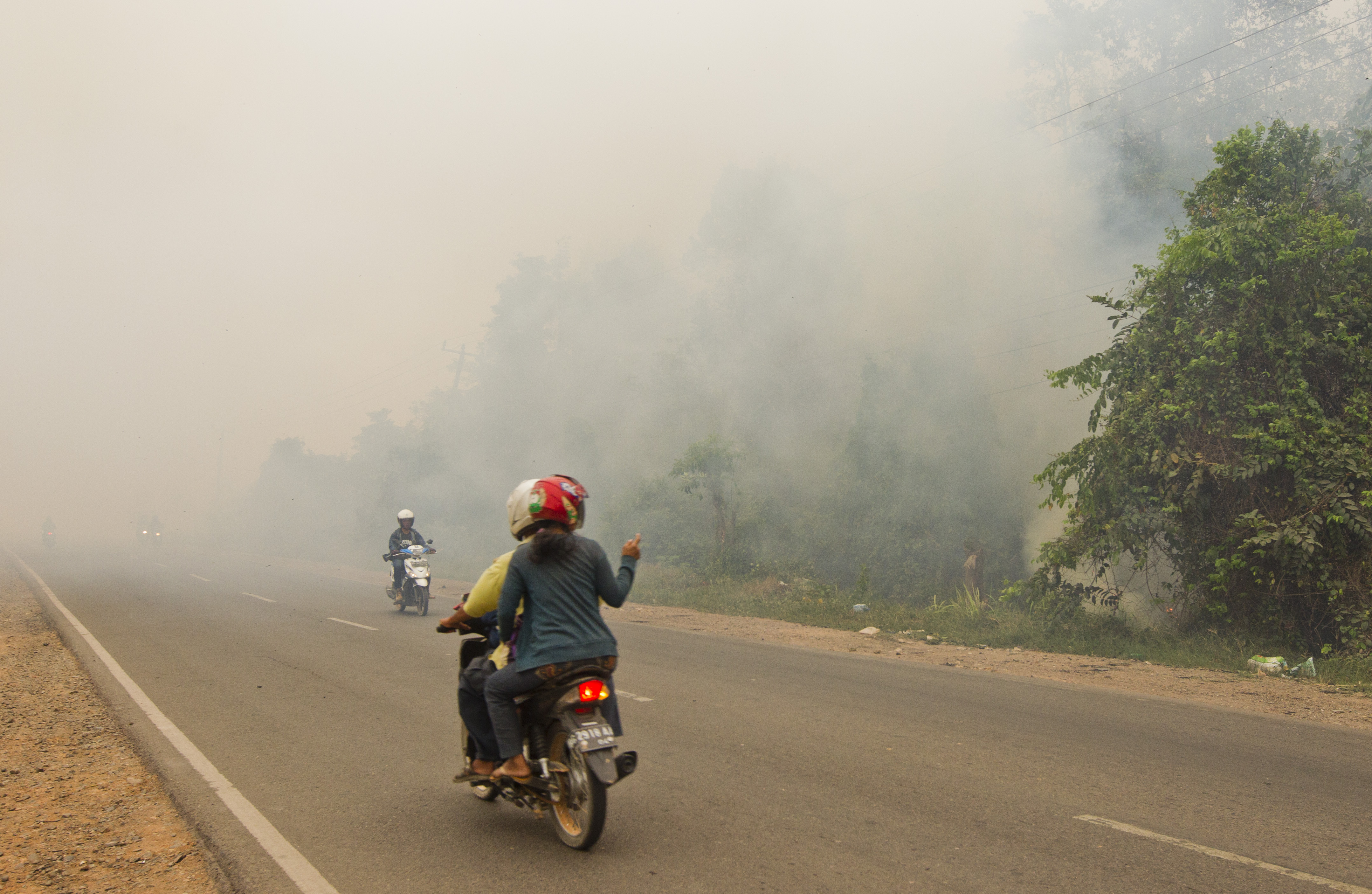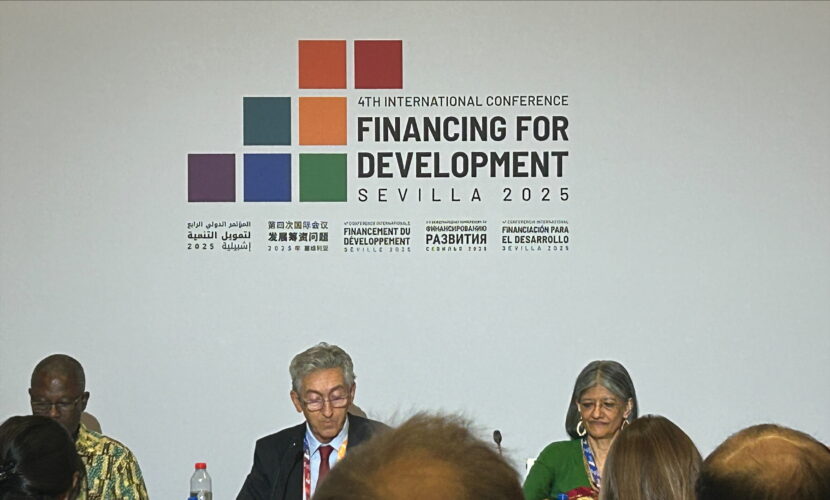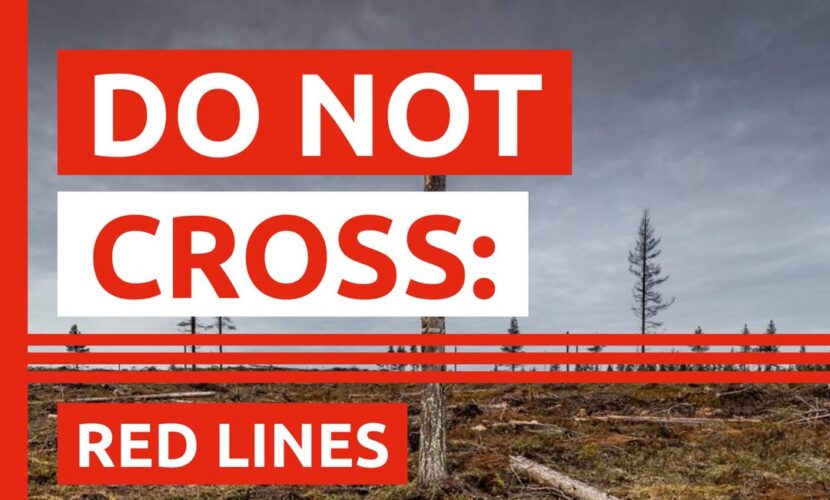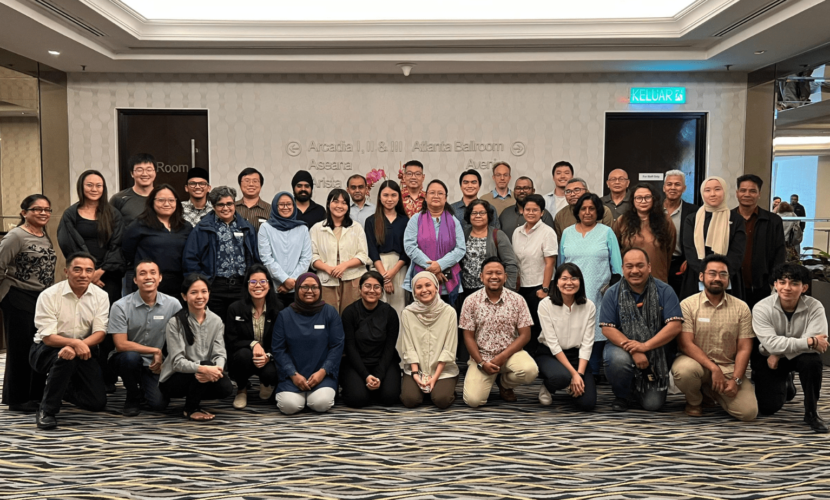News
Major Banks Complicit in Financing Indonesia’s Illegal Fire and Haze Crisis: Report

Report released on the five year anniversary of Indonesia’s Sustainable Finance roadmap examines the successes and failures of this initiative
Research in a new report published jointly today by Rainforest Action Network (RAN), TuK Indonesia, Riau Forest Rescue Network (Jikalahari), Friends of The Earth Indonesia (WALHI) and Profundo, underlines the central role the financial sector plays in perpetuating Indonesia’s fire and haze crisis. While the Indonesian government is struggling to prevent burning through enforcement and civil/criminal sanctions, the report highlights the huge leverage the financial sector could use to transform company behavior.
New analysis shows that the plantation divisions of the 17 fire-risk companies named by the Indonesian government as implicated in the 2019 fires received USD 19 billion in loans and underwriting since 2015 – the year of the last major haze crisis – from banks in China, Indonesia, Malaysia, Taiwan, Singapore and Japan. Several of these errant companies are repeat offenders, having had fires in their concessions across multiple years.
The data reveals that much like the haze itself, the financing is an international issue. “When you follow the money, you can see that banks from the countries worst affected by the crisis – Indonesia, Malaysia and Singapore – are major financiers of the disastrous status quo.” said Alex Helan, who analyzed the data for RAN. State investment funds from Indonesia, China and Malaysia are also huge shareholders in the banks financing the crisis, and the companies directly implicated.
The fires are a dramatic illustration of how sustainable finance could address some of Indonesia’s pressing social and environmental issues. In 2014, Indonesia’s Financial Services Authority (OJK) plotted an ambitious five-year roadmap to steer its financial sector away from risky financing and towards sustainable finance. In doing so, it leapt ahead of its regional neighbors through a range of policy initiatives including a regulation requiring banks to identify and address Environmental, Social and Governance (ESG) risks in their financing. Now, five years later, this report examines the success of this roadmap. It finds serious failings and missed opportunities, due to loopholes that banks exploit to delay and ignore the urgent environmental and social consequences resulting from their financing decisions.








